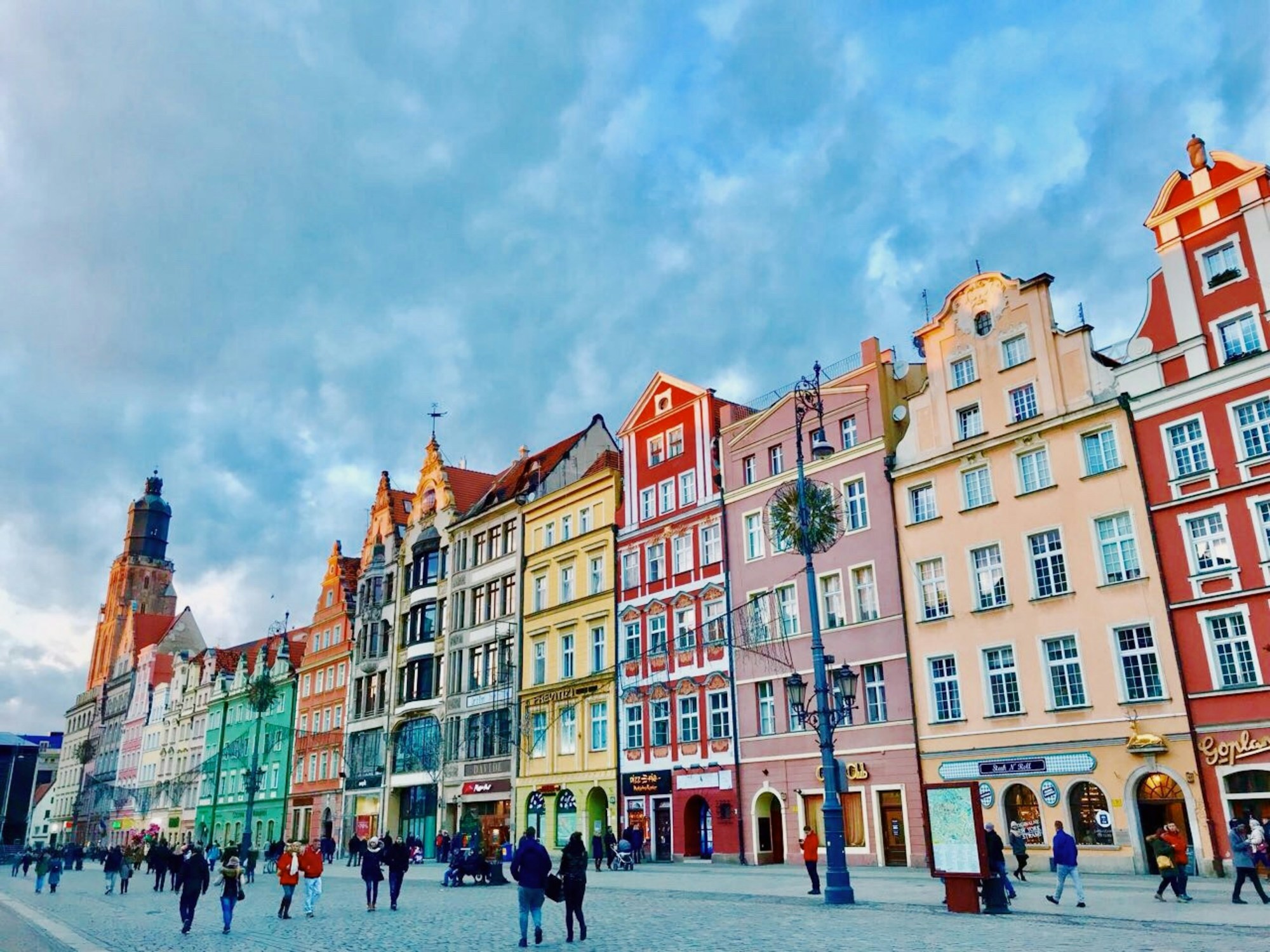Polish Culture & Traditions: History, Customs, Festivals

Polish Culture & Traditions: History, Customs, Festivals
Poland, located in Central Europe, boasts a rich cultural heritage and a long history that dates back centuries. With its unique customs, vibrant festivals, and warm hospitality, Poland is a must-visit destination for any traveler interested in immersing themselves in a different culture. Here is a guide to Polish culture, traditions, and festivals that will help you understand this fascinating country.
History
Poland has a complex history that has shaped its culture and traditions. It has seen the rise and fall of great empires, battled invasions, and witnessed the triumph of resilience. From the medieval period to the present day, Poland has undergone remarkable transformations.
One of the most significant events in Polish history is the establishment of the Polish-Lithuanian Commonwealth in the 16th century. This union brought together two powerful kingdoms, creating one of the largest and most influential countries in Europe at the time. The Commonwealth thrived for several centuries, leaving behind a legacy of religious tolerance and a strong sense of national identity.
Despite experiencing partitions and occupations by neighboring empires, Poland regained its independence in 1918 after World War I. However, this independence was short-lived as the country was invaded by Nazi Germany and the Soviet Union during World War II. The war left a devastating mark on Poland and resulted in the loss of millions of lives.
Following the war, Poland fell under communist rule and remained so until 1989 when the Solidarity movement led to the collapse of the regime. Today, Poland is a democratic country that has embraced its cultural heritage while moving forward as a member of the European Union.
Customs and Traditions
Poland is known for its strong sense of community, rich folklore, and tradition. The customs and traditions observed by the Polish people are deeply rooted in their history and often revolve around family, religion, and celebrations.
Family plays a central role in Polish culture, and it is common for multiple generations to live under the same roof. Sunday lunches, also known as "obiad," are important family gatherings where everyone comes together to share a meal and catch up with each other.
Religion, particularly Catholicism, plays a significant role in the lives of most Poles. Churches are an integral part of the landscape, and attending religious services is a regular practice for many. Traditional religious holidays, such as Easter and Christmas, are celebrated with great enthusiasm and involve special customs and rituals.
Polish cuisine is hearty and flavorful, showcasing the country's agricultural traditions. Traditional dishes such as pierogi (dumplings), bigos (hunter's stew), and kielbasa (sausage) are staples in Polish households. Food is often prepared with locally sourced ingredients, emphasizing freshness and quality.
Polish hospitality is legendary, and guests are treated like family. Offering bread and salt to guests upon arrival is a traditional gesture that symbolizes warmth and friendship. Visitors to Poland can expect a warm welcome and an invitation to share in the country's customs and traditions.
Festivals
Poland is renowned for its vibrant festivals, which showcase the country's cultural diversity and artistic talent. Whether you are interested in music, dance, film, or traditional crafts, there is a festival in Poland to suit every taste.
One of the most famous festivals in Poland is the Krakow Film Festival, which has been showcasing international documentaries and short films since 1961. This event attracts filmmakers, industry professionals, and film enthusiasts from around the world.
The Chopin Piano Competition, held in Warsaw, is another prestigious event that celebrates the music of renowned Polish composer Frédéric Chopin. Established in 1927, this international competition draws talented pianists who compete for the title and recognition.
If you visit Poland in the summer, don't miss the Wianki Festival in Krakow. This traditional celebration takes place during the summer solstice, and it involves floating floral wreaths down the Vistula River. The festival also features live music performances and colorful folk dances.
For those interested in traditional folk art and crafts, the International Festival of Folklore in Zakopane is a must-visit. This event showcases traditional music, dance, and craftsmanship from different regions of Poland and around the world.
These are just a few examples of the many festivals held throughout Poland each year. No matter when you plan to visit, there is likely to be a festival that will allow you to experience the vibrant cultural scene of this beautiful country.
